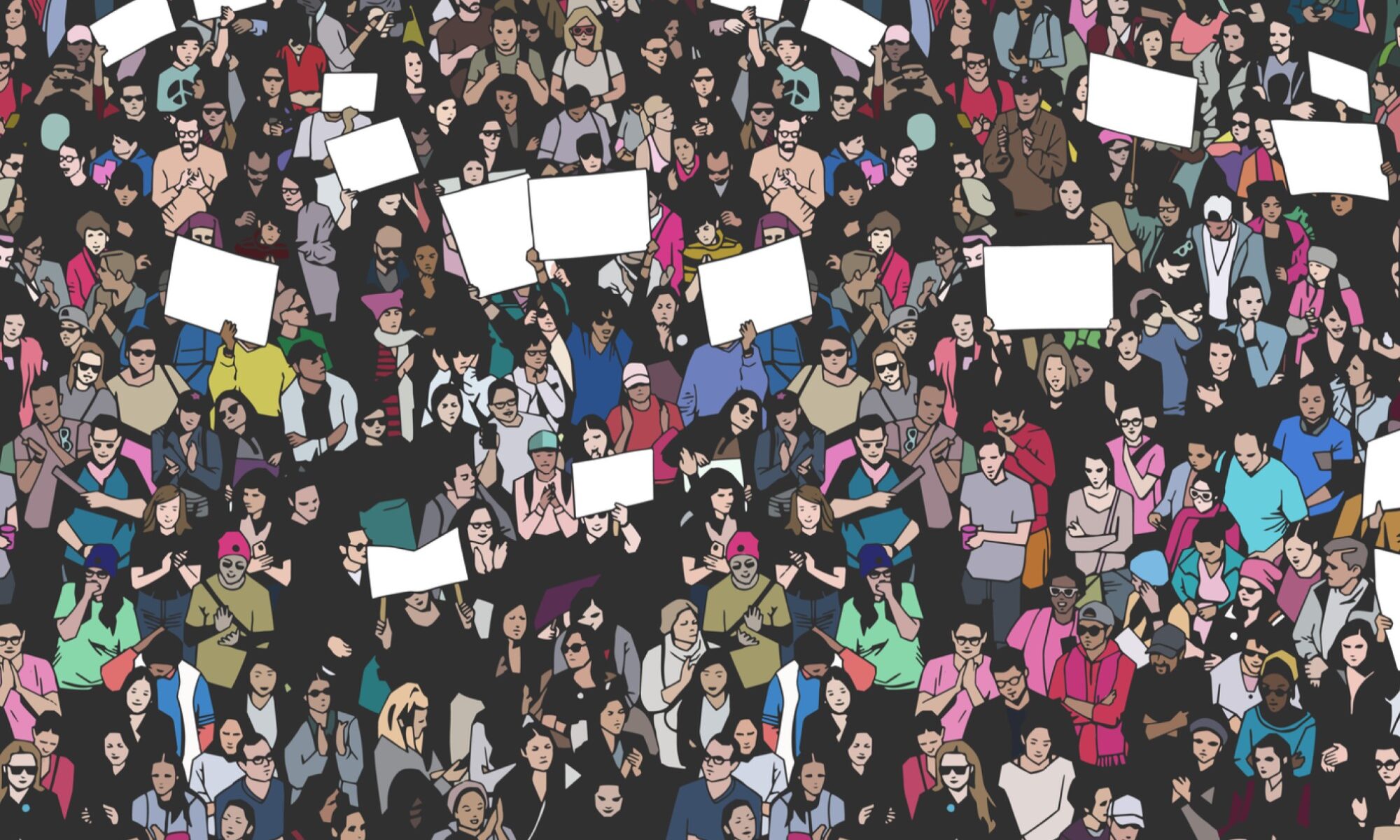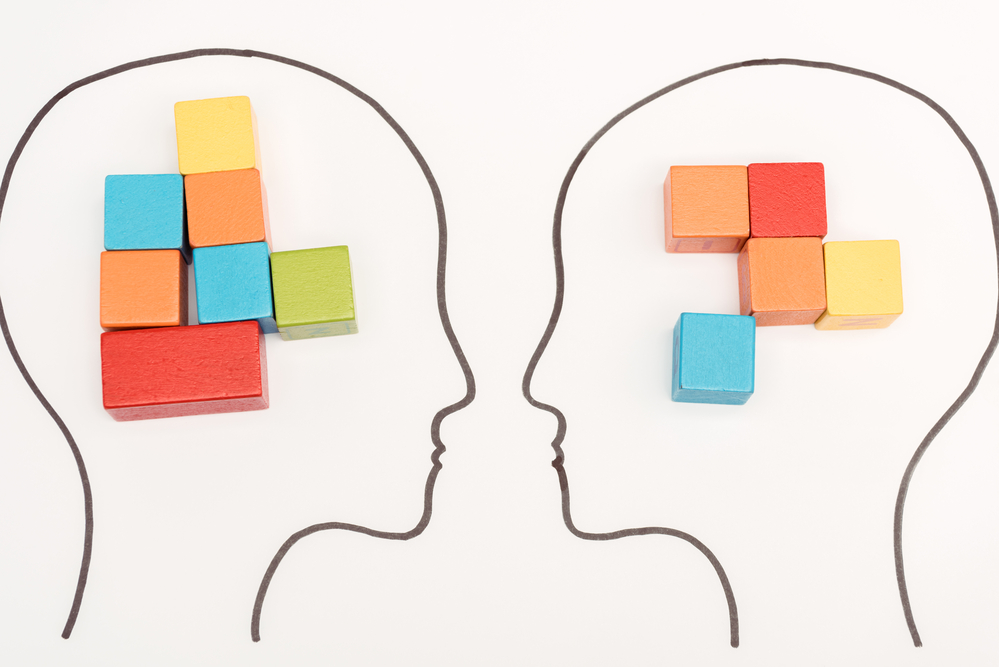Even before Donald Trump was elected president, political polarization was on the rise. In his final State of the Union address, Barack Obama said that one shortcoming of his time in office was his failure to curb polarization. He acknowledged that “the rancor and suspicion between the parties has gotten worse instead of better,” calling it “one of the few regrets of [his] presidency.”
Even though Obama was aware of the growing political divide, it still would have been difficult to anticipate what would happen next. During the Trump presidency, the United States became one of the most, if not the most, polarized democracies on Earth. In the summer of 2020, 76% of Republicans thought that the U.S. government was doing a good job dealing with the pandemic, while only 29% of Democrats agreed. Across the nations surveyed, this was the largest such divide. Americans strongly distrust those who vote for the other party, a trend that only worsens amongst younger voters.
Who is responsible for this growing political impasse? To many, the answer is obvious: irrational voters are to blame.
To begin with, polarized citizens are less likely to listen to opposing views, looking primarily to party identification to guide how they vote. Hearing less and less from those who disagree, their confidence increases that they are in the right, further deepening the political impasse.
In this way, extreme polarization can become a vicious cycle. Voters increasingly pay attention only to what supports their existing political views. The news stories they hear, and the policy proposals that they take most seriously, come from those with whom they already agree. Whether this is because they are uncomfortable with the uncertainty, or simply like belonging to their political tribe, avoiding the opposition only exacerbates the political divide.
Even when voters do hear things that challenge their views, they often engage in motivated reasoning – evaluating information in a way that favors their prior beliefs.
Suppose I believe that district-based public schooling leads to better results than school choice programs. I am presented with two studies, one that provides evidence in favor of mandatory public schools and the other that supports school choice vouchers. Because of my previous beliefs, I engage in some motivated reasoning. I more closely scrutinize the second study, identifying several methodological flaws. I walk away more convinced than ever that school choice programs are inferior to mandatory public schooling.
So there you have it. Not only do citizens listen primarily to their own political party, but when faced with information that might challenge their political opinions, they reason in a way that merely confirms their beliefs. Because of their irrationality, it seems voters are at fault for our descent into toxic partisanship.
While this assessment might seem straightforward, some question whether the blame should be laid so squarely at the feet of voters. Citizens face a number of challenges in deciding how to vote. Political issues are complex, requiring competence in things like history, sociology, and economics to fully understand.
Voters have limited time and resources. They cannot become experts in every area necessary to make good political choices. Inevitably, they must rely on others to sort through all the relevant information.
Because they depend on others to help them determine how to vote, citizens must decide who to trust. Should they trust members of the other political party, politicians and pundits that they already think are mistaken about many issues? Or should they trust those that share their perspective, those that they already think advocate for better policies? From this perspective, the answer should be clear. Surely, they should trust those they believe to be more reliable. In fact, it is rational for them to do so. Why trust someone who you think makes a lot of mistakes rather than someone who you think makes good choices?
What about motivated reasoning? Voters, as we have discussed, do not have the time to evaluate all the relevant evidence. When their evidence conflicts, they may have to make a choice about what to inspect more closely. From their perspective, the evidence that challenges their beliefs is more likely to be misleading, so it makes sense to scrutinize that evidence more closely. Using our example from before, it is rational for me to take a closer look at the study that supports school choice, leading to finding more flaws with that study rather than the one that supports district-based public schools.
If all this is right, then political polarization is a predictable consequence of the challenges that voters face. Due to their limited time and expertise, it is rational for citizens to trust their political party and be more critical of evidence that challenges their beliefs.
But if voters are not to blame for political polarization, who is?
Perhaps polarization is more a product of our current political culture than individual voter behavior. Democrats and Republicans each have their own newspapers, magazines, and cable news networks, creating conditions where citizens only hear the same views and opinions parroted. To make matters worse, both liberals and conservatives are quick to vilify those who disagree with them, undermining trust in anyone that doesn’t stick to the party line. Even when voters are behaving rationally, these dynamics encourage citizens to become more and more entrenched.
Regardless of who is to blame, recognizing the challenges that voters face makes it clear that cultural change is needed to turn the tide of political polarization. Helping citizens productively navigate the complex political arena will require reestablishing social trust and focusing on our shared values. As it stands, voters might be doing the best they can with what they have. They are simply being set up to fail.




